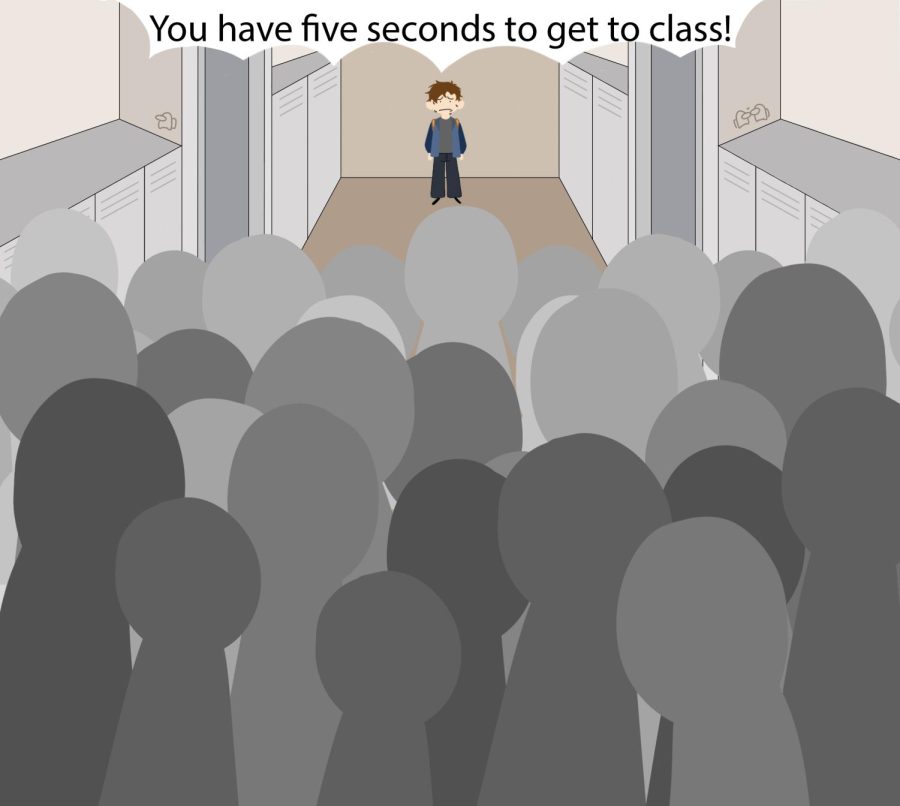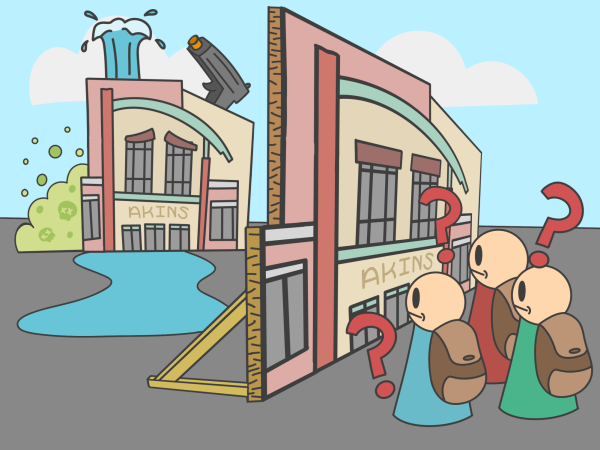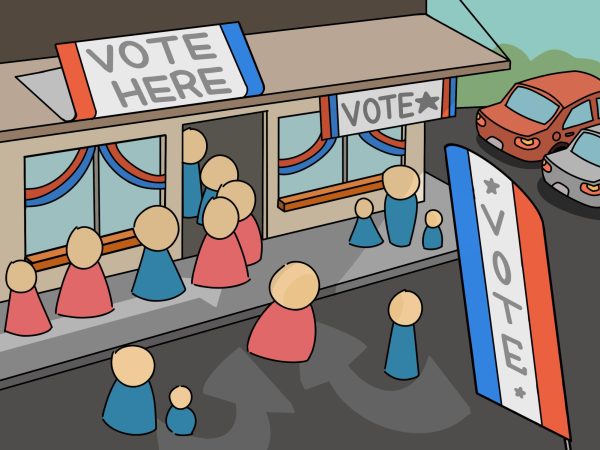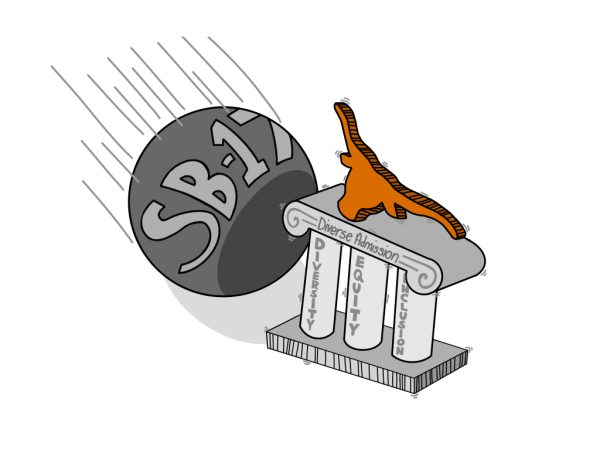Tardy sweep punishment does not fit crime
A severely harsh punishment for a student for what could’ve just been a slightly longer passing period
Tardy sweeps —we’ve all heard the nine infamous words being blared out while hauling our hiney to class. Despite your best efforts to make it to class, you always seem to hightail yourself across campus. There’s always that one couple, slowpoke, or friend group that seems to think they own the hallway, which results in you getting swept away. Despite having perfect attendance and a clean tardy record, you find yourself getting swept away as if you’re a repeat offender.
We believe that the consequences behind being tardy does not fit the crime. Not only does this encourage a larger absence for the class, but the way we do the tardy sweeps is overkill. We as students realize that there are consequences and responsibilities for our academic attendance. However, if we are penalized with Saturday school summons and tardy streaks simply for being a few minutes late, then this does a lot more harm in regard to our school records and in the willingness of committing to school.
Tardy sweeps, as aforementioned, have rigorous and unjust consequences. A student could’ve had a history with little to no tardies, yet if they get caught in a tardy sweep, they must go to Saturday School. It’s a severely harsh punishment for a student for what could’ve just been a slightly delayed passing period.
Many students complain about having classes on opposite sides of the campus, with many having to go from the portables to the green hall, or from the STEM building to the gym. Tardy sweeps fail to take into account the large size of the campus and does not give students enough time to make it to class. It takes more than 5 minutes for a student to walk through the entire school grounds.
Not only are tardy sweeps a harsh punishment, but they’re also counterproductive in giving students more class time. Students who were caught in the sweep while on their way to the portables, would have to spend 5 minutes going to room 157, wait in line for a tardy pass for another few minutes, and finally spend more time going back to class for another 5 minutes. For a system that is supposed to promote and enforce students to have more class time, it ironically takes up to 20 minutes of that time and pushes students back academically even more than if they had just gone to class a minute late.
Although this policy is a burden to all who get caught in it, we have to look at why the administration thought this was a good idea. The idea of bringing the policy was to cut down on tardies and the number of students hanging about out of class. Taking a more passive-aggressive approach to try cutting down on tardies is what they think the best option is.
In order to make the tardy sweep fairer, it would be either to give us an extra minute after the bell rings or to keep the standard of “three tradies equals a Saturday school”. We don’t have to necessarily end the tardy sweeps but making them more lenient to the students who have trouble getting to and from class would make it easier and fairer. For example, coming to the main building from the portables is not only a long distance to make but there are many students around making it hard to pass by.
While we believe that the school does tardy sweeps to encourage on time attendance to class we also know that it can discourage students from attending class so as not to get caught up in a sweep that is going to end up in a harsh punishment of Saturday school. We are aware that punishment should happen we also believe that the school could find a way to be more accommodating to the times that are allowed to get to class seeing how it is not the same to have to go from one end of the school to another than having to go directly down the hall.R
Your donation will support the student journalists of Akins High School. Your contribution will allow us to purchase equipment and cover our annual website hosting costs.

Academy: New Tech
Number of Years on Staff: 2 years
Title: Graphic’s Editor
Why do you enjoy being on newspaper staff? Live love laughing
What do you do for fun? Game
What are your hobbies? Game
Hopes & Dreams after high school? A stable life









